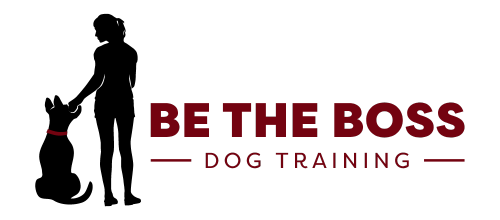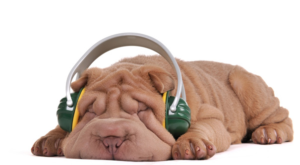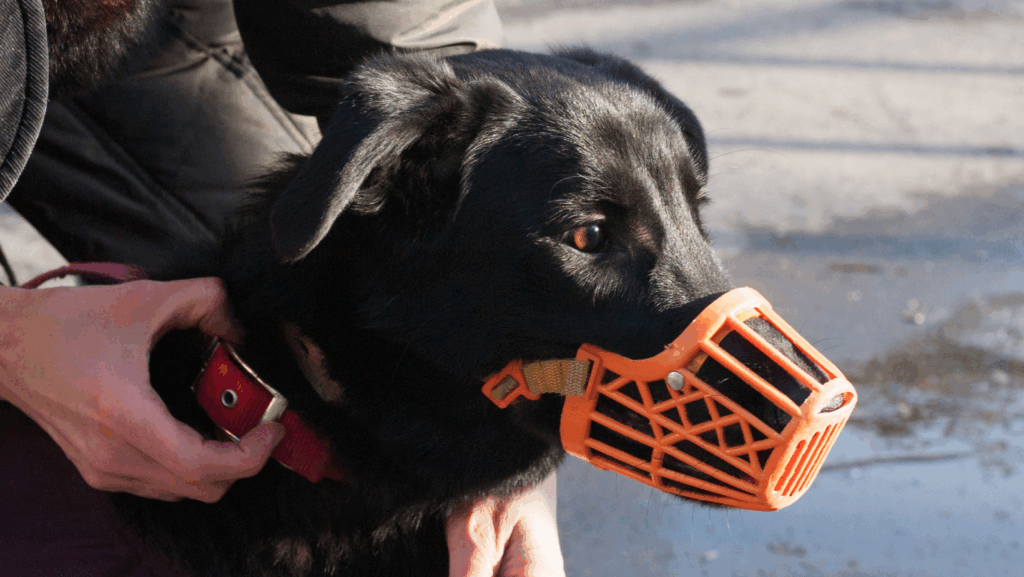Yes, there is a quick fix. But do you know why your dog isn’t listening to you? Because there’s no value to what you are saying. Don’t take it personal, it’s how dogs (and people) function. And don’t worry, your dog still loves you. I’m guessing, though, that you want to know how to fix this problem, and how to fix it quickly.
People have been shamed into thinking a quick fix is a bad thing…by dog trainers and the public in general. Don’t fall for that. Quick fixes save lives, eliminate frustration and give people hope. So thank you for wanting to fix it quickly!
Helping your dog listen to you is as simple as having them wait for their food, being polite coming out of the kennel and keeping a leash on them. I tell Alex (who’s dog, Iggy, likes to chew on things and not listen) how to implement these quick fixes in the video below.
You don’t need a “Timmy and Lassie” relationship to stop jumping and barking. Utilize quick fixes as inspiration to help your dog reach their potential.
If you have questions I’m happy to help you fix it quickly! Email me here.
Photo Courtesy Of: class.dogloveit.com





